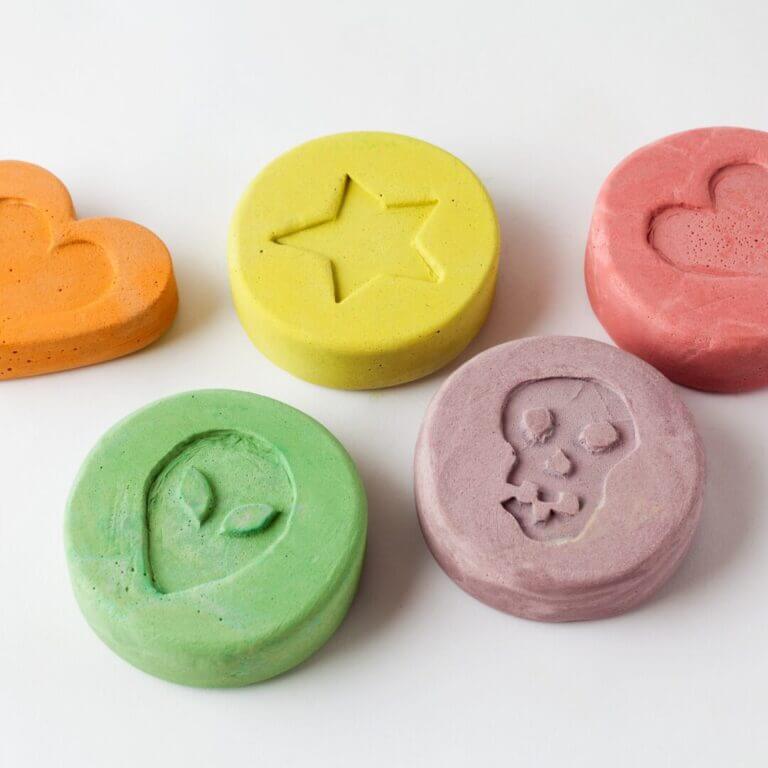A simple definition of the word acceptance is the act of taking something offered, which sounds rather harmless. However, in recovery, and indeed even in life itself, we are often tasked with accepting facts and situations that we might find, well, unacceptable. It’s not uncommon to fight the reality of a situation we deem unpleasant or unfair, but this stands to only make us suffer more. While it might feel more immediately comforting to resist the nature of a situation that we find so unacceptable, experience shows us that fuming over something rarely stands to change it. How do we accept the unacceptable in life?
Where Radical Acceptance Comes From
“When I am disturbed, it is because I find some person, place, thing, or situation – some fact of my life – unacceptable to me, and I can find no serenity until I accept that person, place, thing, or situation as being exactly the way it is supposed to be at this moment.” This is a passage from the book Alcoholics Anonymous. Although it does not come from the first 164 pages thought by members to be the instructional portion, it is referenced among many in the program as a key piece in their recovery. The quote, pulled from one of the personal stories included in the second portion of the book, breaks down plainly that without acceptance there can be no peace and serenity.
The concept of acceptance didn’t come from the anonymous author of this story. Those with substance use disorders that find themselves in 12-Step recovery programs might find this to be their first straightforward introduction to the idea. While there isn’t perhaps a famous psychologist or psychotherapist that introduced the concept, it’s one commonly seen used in dialectical-behavioral therapy (DBT). This treatment, introduced in the 1980s to help treat those with borderline personality disorder, aims at identifying and changing negative thought patterns while building positive new ones.
Nevertheless, people with borderline personality disorders are not the only ones that can benefit from these techniques. DBT is designed for anyone that struggles with emotional regulation, tolerating distress, and interpersonal skills. The individual techniques found within DBT can be used by anyone contending with a difficult life situation.
Acceptance can be used in situations as simple as traffic when you are running late or rain on the day of an outdoor birthday party, to more significant life events like the death of a loved one or the end of a relationship. Radical acceptance, when we accept what we would otherwise find unacceptable, can even be a useful tool in learning to deal with trauma. It helps to release the negative emotional attachment and feelings of unworthiness or rejection that we may experience.
What Stands in the Way of Radical Acceptance
What makes us struggle to accept our reality? Is it our inability to see it as reality itself? The answer is typically no, though delusions arise out of painful experiences for some. More than a rejection of reality, failure to accept is often an emotional response. We resist what pains us, which causes additional suffering. Outside of the emotional pain that we see as the price of acceptance, accepting a relationship is over when we wish it wasn’t or accepting that we will be late for work thus jeopardizing our job, we meet some specific barrier in thinking for acceptance.
We might tell ourselves, “If I accept this situation, I accept the behavior of the person that caused it.” In our anger towards someone that wronged us, it may feel as if accepting the nature or outcome of a situation is also accepting the blame. It could seem like acceptance involves releasing any responsibility of the person who wronged you, or even yourself, without them receiving the proper punishment. However, this thinking only stands to harm us more. Accepting something that happened to us does not accept the harmful behavior or intent behind it. Acceptance allows us to move forward with more information and knowledge without prolonging our suffering.
Another false line of logic we might tell ourselves is, “Accepting this means I agree, and I do not.” We may feel that if we accept a situation that we do not agree with, like a politician being elected to office or a law being passed, we then agree with that outcome. However, to accept that something is reality rather than bear the emotional turmoil caused by not doing so, we release its ability to cause us strife. Acceptance is not equal to agreement or assent, it is simply the recognition of reality.
Perhaps we tell ourselves, “My anger at this situation protects me.” Anger often acts as a bodyguard for those that are emotionally sensitive, or for those that are experiencing a situation that they are sensitive about. However, in that role, anger tends to only mask hurt, and when we are hurt or sad we feel the most vulnerable. Accepting a situation that we are hurt by does not make what happened okay. It simply helps us gain valuable knowledge that can help us protect ourselves from experiencing a similar situation again.
Acceptance might not be, as stated by the anonymous author in the book of Alcoholics Anonymous, the answer to all our problems but it can be a key factor in finding freedom from situations that have shackled us to negative emotions and responses.
Finding ways to create acceptance can be key to recovery and isn’t always easy to do alone, that’s why there are dedicated people here to help. Ashley Addiction Treatment believes that connection is the key to recovery, with treatment options focused on holistic, integrated, and compassionate care. Ashley utilizes a variety of treatment modalities to help aid you in healing. If you would like to speak to someone about our care options, please reach out to us today at 800-799-4673.




